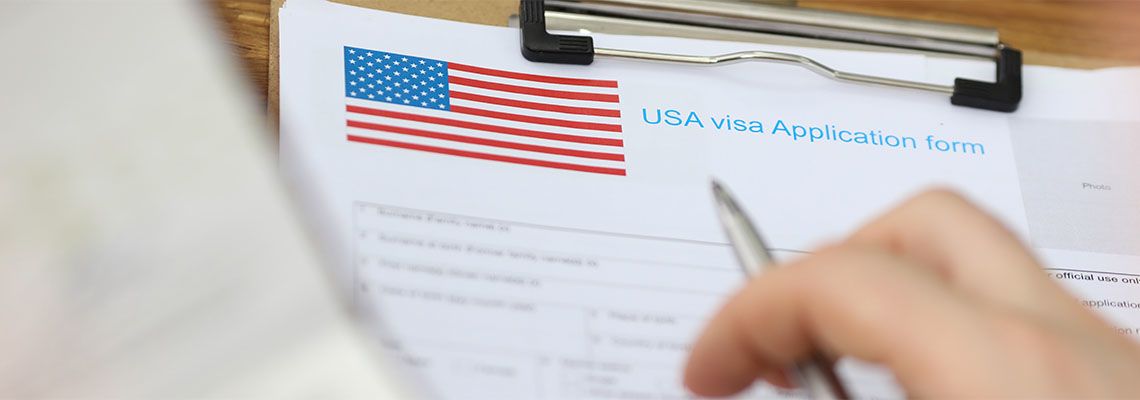
My Parents Are Citizens, But I’m Not. Can I Get a Visa?
Immigrating to the United States is the dream of people from all across the world. For many, this may mean that you first entered the country illegally, but may later try to become a documented citizen. This process will look different depending on how you arrived here and whether you have any family members who are currently U.S. citizens. If you’re in this position and are asking yourself, “Can I apply for a visa if I’m here illegally?” or “Does having U.S. citizen parents make me eligible for a visa?” reach out to my firm, M Mathew Law Firm, PLLC, located in Dallas, Texas. I am ready to help clients throughout the area including Richardson, Lewisville, Irving, Farmers Branch, Grand Prairie, Garland, Mesquite, and the rest of Texas.
What Are My Options If I’m Here Illegally But My Parents Are Citizens?
I often have clients who ask, “My parents are U.S. citizens but I am here illegally—can they help me get a visa?” The answer to this is that you might be eligible for family immigration based on your parents’ legal status. Legally documented immigrants are able to petition for a green card for their children, but this doesn’t guarantee you a green card. Rather, it allows you a place in line with other applicants from the same country who are also children of citizens. However, if you’re a child of a U.S. citizen, unmarried, and under 21 years old, you will not have to wait for a visa.
What Is a Waiver of Grounds of Inadmissibility?
For many undocumented immigrants, they may face barriers when applying for citizenship because they didn’t enter the country legally. But if you apply for and are granted a waiver of grounds of inadmissibility, it means the U.S. government will overlook this and allow you to apply for a green card. Not everyone will qualify for this, however. The most common way to qualify is if you have a U.S. citizen spouse, child, or parent who would experience extreme hardship if you were to be deported. Proving “extreme hardship” can be difficult and it often helps to work with an immigration attorney when applying. They can help you fill out and submit the proper forms and gather evidence to better your chances of approval.
What Is an Unlawful Presence Waiver?
In order to seek citizenship if you’ve entered the country illegally, you’ll first have to request a waiver of grounds of inadmissibility. Typically, if you’re in the country illegally, you’ll be barred from seeking citizenship for a certain period of time or have to go back to your home country before you’ll be able to apply for a green card. However, there are circumstances where this requirement can be dismissed and you’ll be granted an unlawful presence waiver (also called a provisional waiver). With a provisional waiver, you may still have to leave for your home country before your visa interview, but you won’t be barred from returning. This waiver is available to anyone who would otherwise be eligible for a visa, regardless of whether it’s through employment or a family member, and you can apply by filling out and submitting the proper forms.
Denial of Waivers
If your waiver is denied, you may be able to appeal this decision, but this process will vary depending on the reason for the denial. Sometimes you'll be denied because you filled out the application incorrectly, while other times it could be a lack of evidence demonstrating hardship. In any case, you can increase your chances of success by working with an experienced immigration attorney.
Trusted Guidance When You Need It Most
If you’re in the Dallas, Texas, region and would like to know more about sponsoring a family member seeking citizenship, contact me at M Mathew Law Firm, PLLC to make an appointment.
